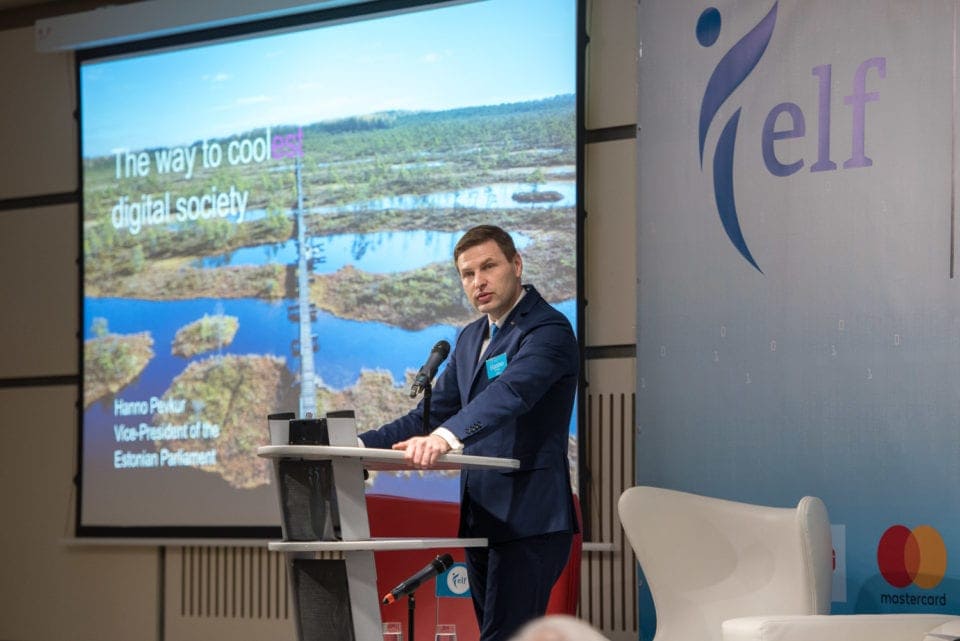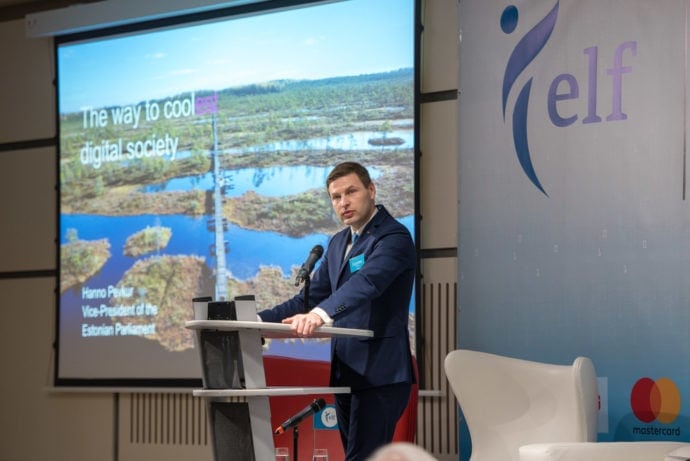Jan Lipavský described his own experience with hybrid warfare from the position of a member of the Commitee on Foreign Affairs – specifically „Novichok“ causa. He thinks that president Zeman should have political responsibility for his statement dedicated to this causa. Lipavsky said that for the Czech Republic is essential to have a good relationship with neighbouring countries and we should contribute for their safety.
Josef Bělica spoke about needs to understand a concept of hybrid warfare. He mentioned also Ukrainian situation – problems with energetic self-sufficiency, influence on country stability, sector dependency of national economy. If the Czech Republic should remain independent, it must be a member of collective law. We Czechs, as nation, we are too small to ensure our security by ourselves, said Bělica. He stressed that NATO is a guarantee of our security.
Kostiantyn Brozhko said that hybrid warfare against Ukraine started before 2014. He also mentioned the readiness of Russia to lead a war. He spoke also about „Babchenko“ causa and described this special operation and also mentioned following methods of hybrid warfare – information and influence operation.
Lt. Col. Ivo Zelinka mentioned a definition of hybrid warfare. He said that amount of non-military tools have to exceed military tools. As non-military tools we can understand cyberattacks, information operations, terrorism, economical tools, sanctions or usage of paramilitary groups. Zelinka described five areas for leading a war – on the land, sea, air, space and the last one cyberspace. As very improtant Mr. Zelinka see interdepartmental approach. Only army cannot win a hybrid war, he said.
Petr Pojman spoke about challenges for NATO members. One of challenges is an opportunity to use Ukrainian experience. We should concern to issues as: how propaganda works, fight clubs or prepaired conditions for hostile operations. The Czech Republic and our allies should be prepaired on that, what Ukraine was not prepaired, said Pojman.

